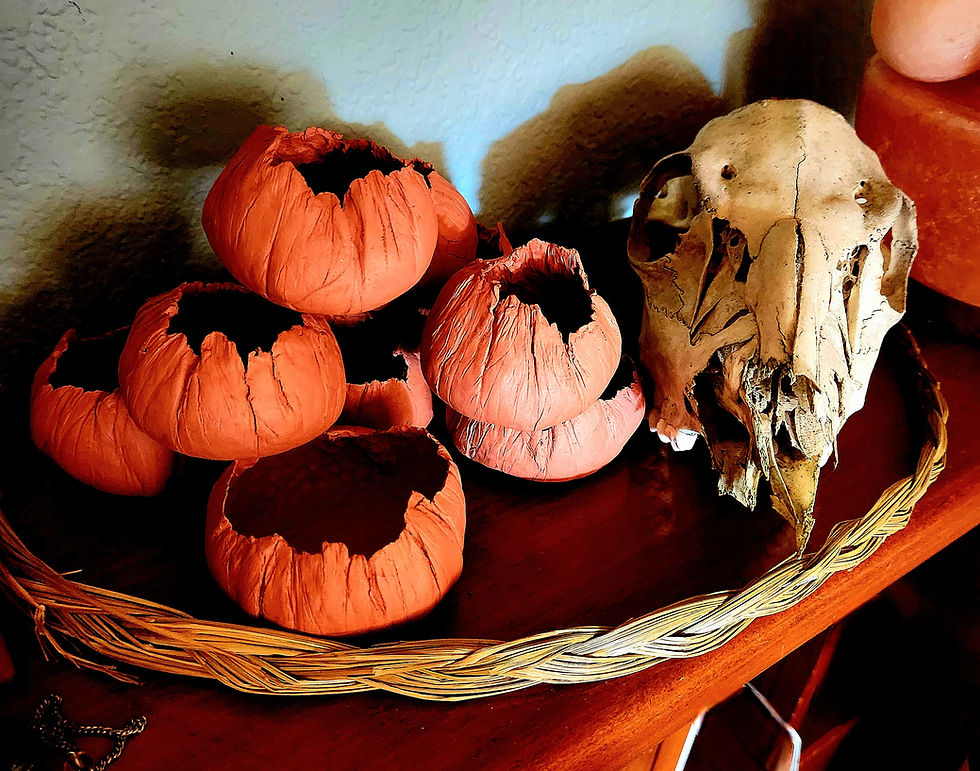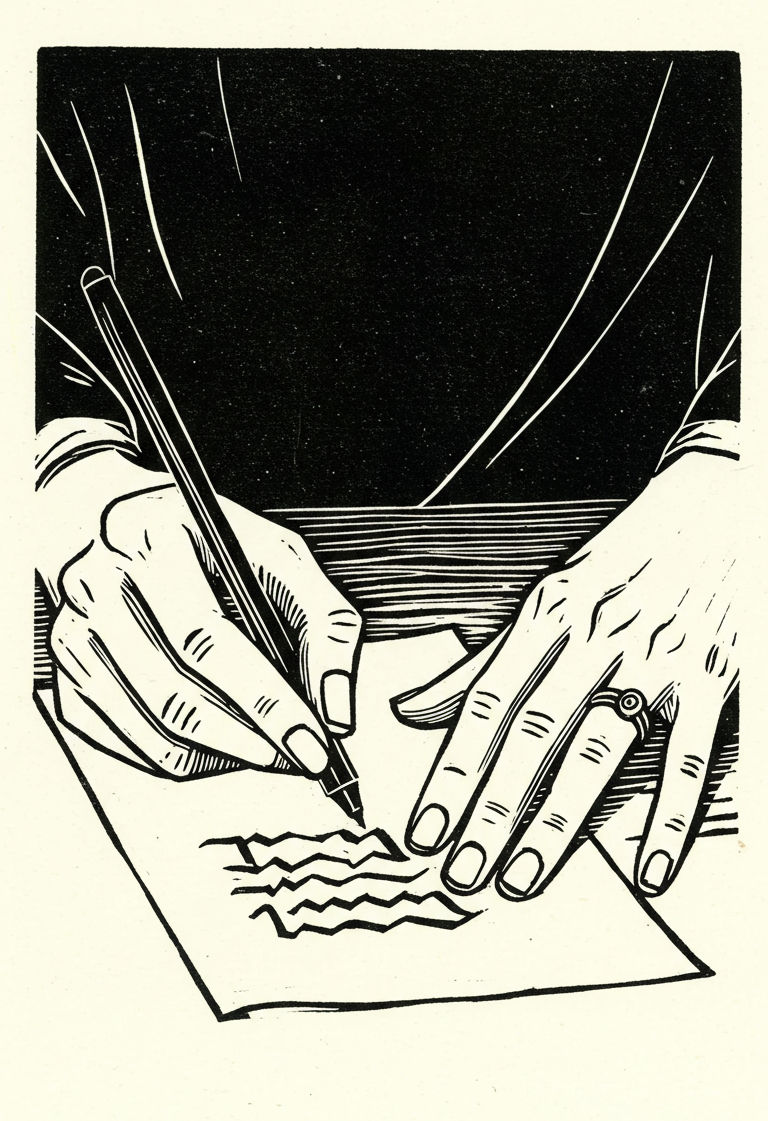Why Making Things with Your Hands Feels So Good (It’s Science!)
- Ellen Beaman
- Apr 14
- 2 min read
We’ve all been there: You pick up your phone to check one thing, and suddenly it’s 47 minutes later, your thumb hurts, and you're not even sure what you’ve been looking at. You just know you feel… off. Foggy, jittery, maybe even a little hollow. That’s not a coincidence—it’s chemistry.
The Brain Chemical Balancing Act
Our brains run on a delicate cocktail of neurochemicals. Three of the most powerful players are dopamine, serotonin, and oxytocin—each with its own job, each with very different effects.
Dopamine is the “reward” chemical. It’s what spikes when you get a like on a post, a new text, or see something shiny and new. It feels exciting—but it’s also fleeting and addictive. Too much chasing dopamine can leave you feeling restless, anxious, and always wanting more.
Serotonin is the mood stabilizer. It’s linked to feelings of calm, contentment, and well-being. You get it from things like sunshine, nourishing food, meditation, and yes—feeling accomplished after finishing a project or learning something new.
Oxytocin is the love and bonding chemical. It’s released through connection—hugging a friend, sharing a moment, working side-by-side with someone on something meaningful. It makes us feel safe, seen, and grounded.
When we’re glued to our screens, we’re basically feeding ourselves dopamine snacks all day long—ping, scroll, ping, like, ping. Meanwhile, serotonin and oxytocin get neglected. Over time, this imbalance wears on our nervous system. We feel anxious, lonely, burned out.
So… What If You Put the Phone Down?
Now imagine this instead: You’re learning to fold paper into something beautiful. Your hands are busy, your mind slows down, and you’re focused—fully present. You look up and someone next to you smiles. You smile back. There’s tea. There’s laughter. Maybe even a little mess. And suddenly, you feel something shift. This is your nervous system exhaling.
Crafting—especially in community—is a natural way to boost serotonin and oxytocin. It gives you a sense of purpose, engages your senses, and brings people together. You’re not just making something with your hands—you’re rebalancing your brain.
Creating is Connecting
Whether you’re brewing herbal teas, folding origami, painting, knitting, or just doodling in good company, handmade moments like these aren’t just fun—they’re medicinal. They help us reset, regulate, and remember what it feels like to be human again.
So next time your thumb twitches toward your screen out of habit, try this instead: Grab some paper, some thread, a teabag, a friend. Make something. Feel better.








Comments